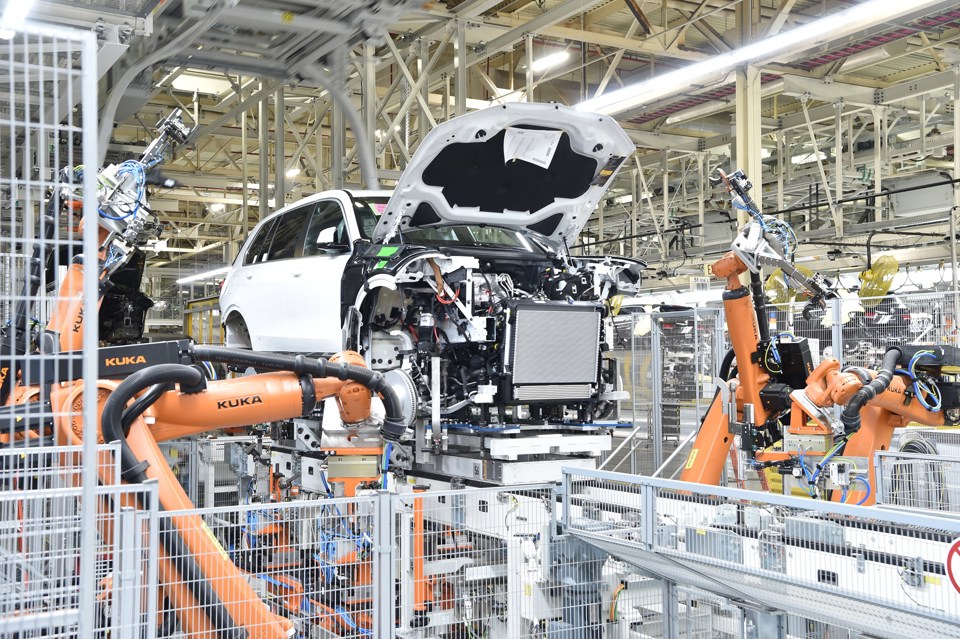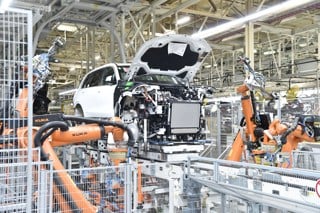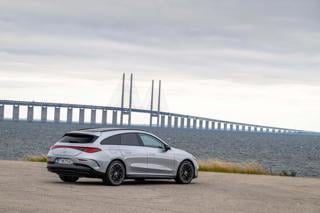Rising energy costs risk harming the UK automotive sector as manufacturers of vehicles and components face a £90m cost hike.
New analysis from the Society of Motor Manufacturers and Traders (SMMT) found that costs could surge by as much as 50%, putting companies at a competitive disadvantage.
UK electricity prices are the most expensive of any European automotive manufacturing country and 59% higher than the EU average, meaning that last year, UK manufacturers could have saved almost £50 million on energy costs if they were buying in the EU rather than the UK
Mike Hawes, SMMT chief executive, said, “From Covid impacts to component shortages, supply chain disruption to trade uncertainty, and regulatory change to rising inflation, the challenges facing this sector are immense. Nevertheless, addressing the UK’s high energy costs is the industry’s number one ask.
“Help with energy costs now will help keep us competitive and be a windfall for the sector, stimulating investment in innovation, R&D, training – all reinvested in the UK economy. With the right backing this sector can drive the transition to net zero, supporting jobs and growth across the UK and exports across the globe.”
The news comes as SMMT sets out a fresh roadmap, ‘From Full Throttle to Full Charge’, with a clear vision of the sector leading the push to net zero, developing a UK automotive ecosystem which delivers both a healthy new market and competitive zero emission vehicle manufacturing capability.
The report reveals the scope and scale of a broadened UK automotive supply chain, including the contribution of industries which supply into automotive such as steel, plastics and paint. At stake in the transition are the 123,500 jobs supported in every region of the UK, across some 5,000 firms, which turnover a collective £21.2 billion every year, export products worth £7 billion and deliver £5.7 billion direct to the economy.
For many long-established component segments such as engine and exhaust producers and their sub-suppliers, the transition to electrification presents major challenges. While some companies are already on the journey, many risk being left behind as the jobs and skills involved with internal combustion engine (ICE) technology may not be transferrable. At least 22,000 jobs, £11 billion of turnover and £2 billion GVA in the UK is currently reliant on ICE-based technologies.
There are, however, significant opportunities for those able and enabled to transition, for example, in batteries, motors and power electronics. SMMT’s roadmap sets out the wide range of measures, covering industrial and market transformation, which must be implemented if the opportunities are to be grasped.
Hawes added: “Our plan, From Full Throttle to Full Charge, sets out how industry can work with government to build a UK automotive ecosystem fit for a zero emission future. If there is the will, the effort and the action from government, they will find it matched by that of the UK industry in investment and competitiveness.”





















Login to comment
Comments
No comments have been made yet.